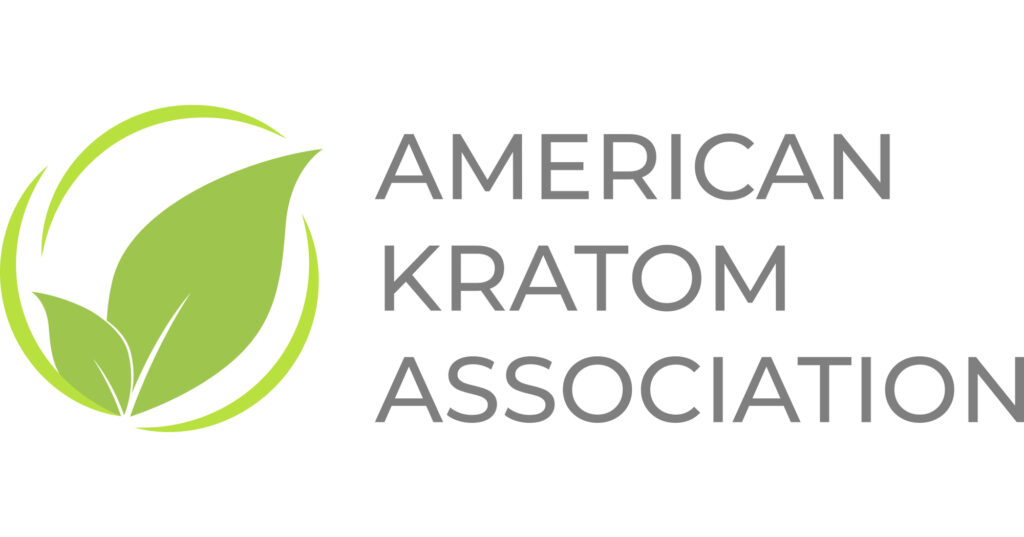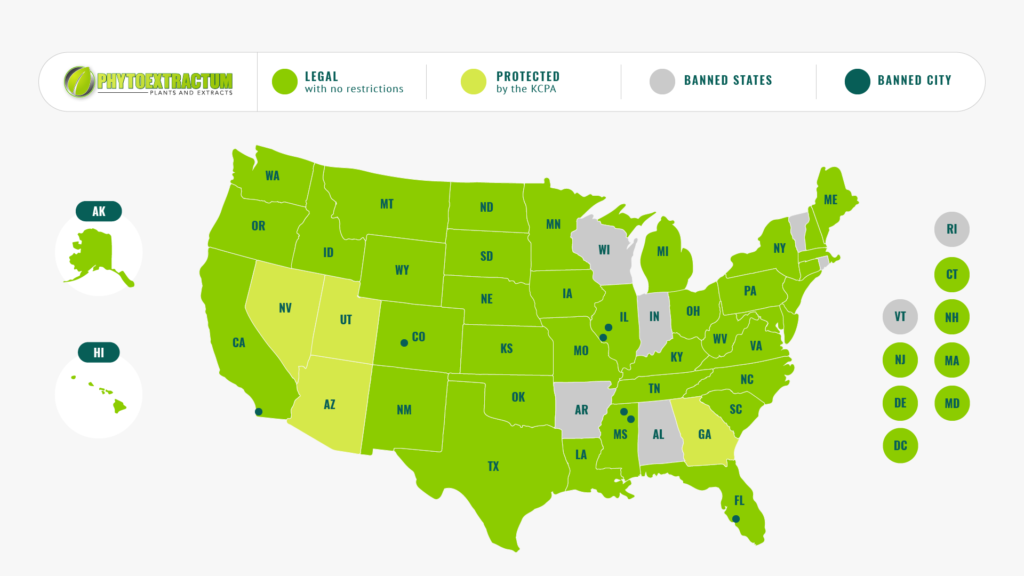With the FDA’s recent backdoor attempt to internationally ban Kratom, we thought this was a great time to talk about Kratom regulation and the future of our industry. (Click here to learn more about the FDAs recent request to the W.H.O. and U.N.)
In the past, we’ve talked about the American Kratom Association, the work that they are doing towards Kratom’s future, and the Good Manufacturing Practices Program that guides the leading vendors in this industry.
In many ways, these organizations and their actions can seem like they are outside of our day-to-day work. AKA’s daily functions aren’t always directly affected by us… or are they?
Today we’re going to talk about the ways that we here at Phytoextractum are putting our time, money, and energy into supporting the future of Kratom. While we are, of course, running a business in hopes of making a profit, we are also personally invested in ensuring that Kratom has a future in America.
And we do that by supporting the American Kratom Association and following all compliance possible. Let’s talk about how we do that and why it matters!
We Support The American Kratom Association
The American Kratom Association is a nonprofit organization that is working to protect the safety and future of Kratom consumers in America as well as the vendors working in the industry.
Their goals cover many facets of the industry, but they primarily focus on the following:
- ➡ Ensure Kratom sold in America is safe
- ➡ Ensure Kratom remains legal in America
- ➡ Set up legal regulations as well as protections for Kratom
- ➡ Educate the necessary government organizations about Kratom
- ➡ Support additional Kratom research
- ➡ Communicate Kratom research with the public
The Trouble With Kratom
For many years, there has been a major problem with Kratom in America. Due to the low-quality batches being sold by some vendors, Kratom was earning a bad reputation. These vendors and the overall lack of testing in the industry made it possible for regulatory bodies to point to rare problem cases that could have been avoided.
How AKA Addresses The Problem
The American Kratom Association recognized this problem and immediately set to work to rectify it. While they started by approaching state lawmakers about creating more clear regulations, they knew that legislation takes time. Working to set up laws could not be their only approach.
So, the AKA started promoting safe Kratom in America using a double-pronged approach:
- 1.) Set up a manufacturing standards program for all vendors to follow, known as the GMP program.
- 2.) Got to work trying to get Kratom Consumer Protection Laws passed in each state to ensure the safety and legality of Kratom use in America.
Both of these efforts have shown amazing success stories already, and we’re happy to have been able to support AKA in these efforts.
We Believe In The GMP Program
We are proud to be members of the GMP program run by the American Kratom Association. Not all Kratom vendors have put the time and money into meeting the necessary standards. Still, we felt that this is an important priority for our business.

GMP Compliance
In order to become a verified member of the GMP program, we had to send in an application and make sure that all of our business practices aligned with the guidelines set up in the program. Generally speaking, this meant that we had to ensure our testing, shipping, storage, handling, and documentation were all done correctly.
The guidelines for the program are quite detailed, but they are also not restrictive. We have been able to continue doing business in a profitable way while also prioritizing our product safety. The guidelines help us to manage the safety side of our practice so that we can focus on finding the best Kratom and connecting with our customers.
What We’re Doing Right
When a vendor first signs up to join the GMP program, a third-party auditor comes in and assesses whether or not the guidelines are being met.
The following areas are the most important to us to continually improve, and we have been able to continue our membership in the program by staying on top of them:
- ➡ Test for pathogens in the facility regularly
- ➡ Ensure sanitation protocols are complete
- ➡ Screen and document our supply chain
- ➡ Ensure accurate testing procedures
- ➡ Use more than one lab when testing batches
- ➡ Document all milling and blending processes
- ➡ … and much more!
There are a lot of different environmental and product controls that we have to take into consideration when managing our warehouses. Thankfully, the guidelines from the GMP have helped to set up a general outline that we have expanded to include all of the important documentation, testing, sanitation, and other required processes.
As part of the GMP program, we can more effectively buy, process, and sell high-quality supplies of Kratom.
We Follow Consumer Protection Laws
Finally, we’ve found the work that the American Kratom Association has done in terms of Kratom Consumer Protection laws in America to be very impressive, and we continue to support their efforts in expanding the reach of these laws.
What Are Kratom Consumer Protection Laws?
Kratom consumer protection laws are laws that are set up on the state level to ensure that Kratom is sold safely and legally. Generally known as the Kratom Consumer Protection Act, the AKA has taken their template idea to various states to show how and why these protections matter.
Each state that agrees to adopt measures writes up their own version of the consumer protection laws, so they differ a little bit by each state.
Generally speaking, however, they contain some or all of the following information:
- ➡ Official definition of Kratom
- ➡ Guidelines about how to label Kratom
- ➡ Guidelines about required disclaimers when selling or advertising Kratom
- ➡ Requirements for Kratom testing
- ➡ Penalty system for anyone selling untested/low-quality Kratom
- ➡ Registration process with the state
- ➡ Ensures that Kratom sales in the state are legal
Essentially, the act would set up a way for the state to be able to monitor Kratom sales and ensure that everything is being done in a safe way. Additionally, this type of legislation ensures that Kratom is made officially legal to take, so that adds another layer of protection for consumers.
We’re working hard in Oregon again this session to pass our version of the KCPA, and we’re hopeful that we will be successful. KCPA laws are decided and passed on a state-by-state basis; click here to find out what the AKA is doing in your state now!
P.S. Don’t forget to leave your public comment with the W.H.O. and U.N. on their proposed international Kratom ban.



